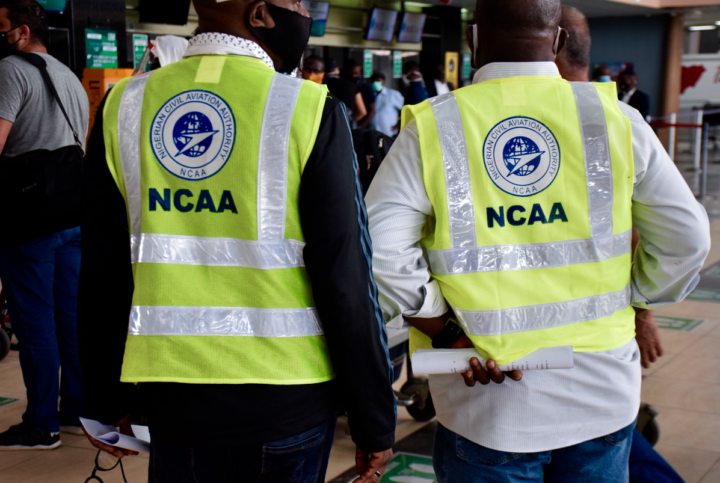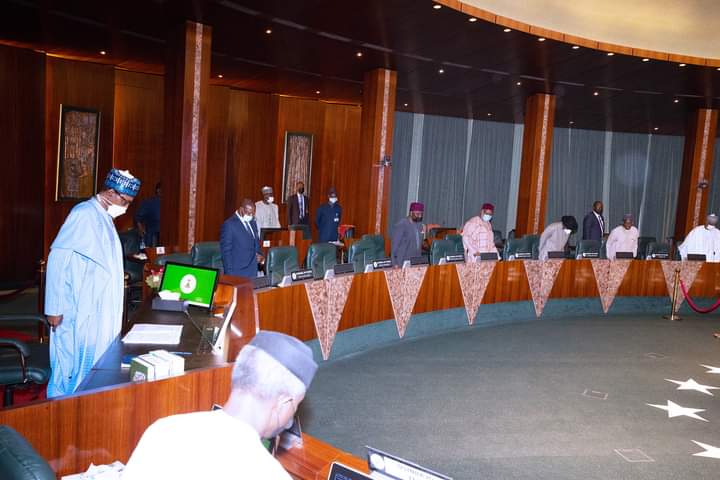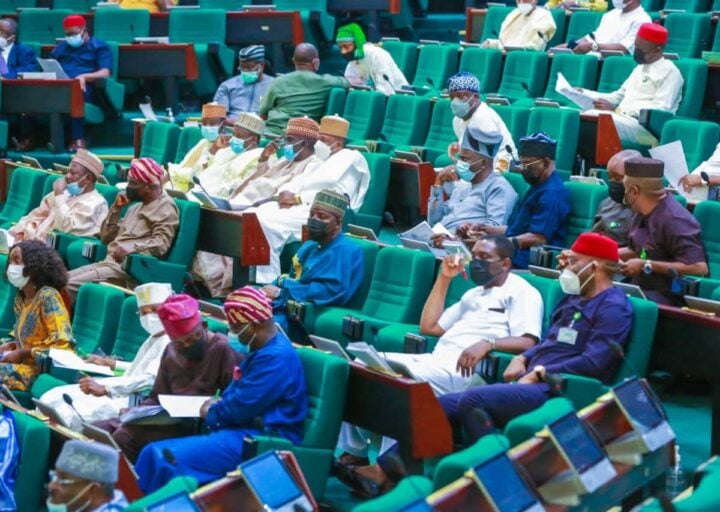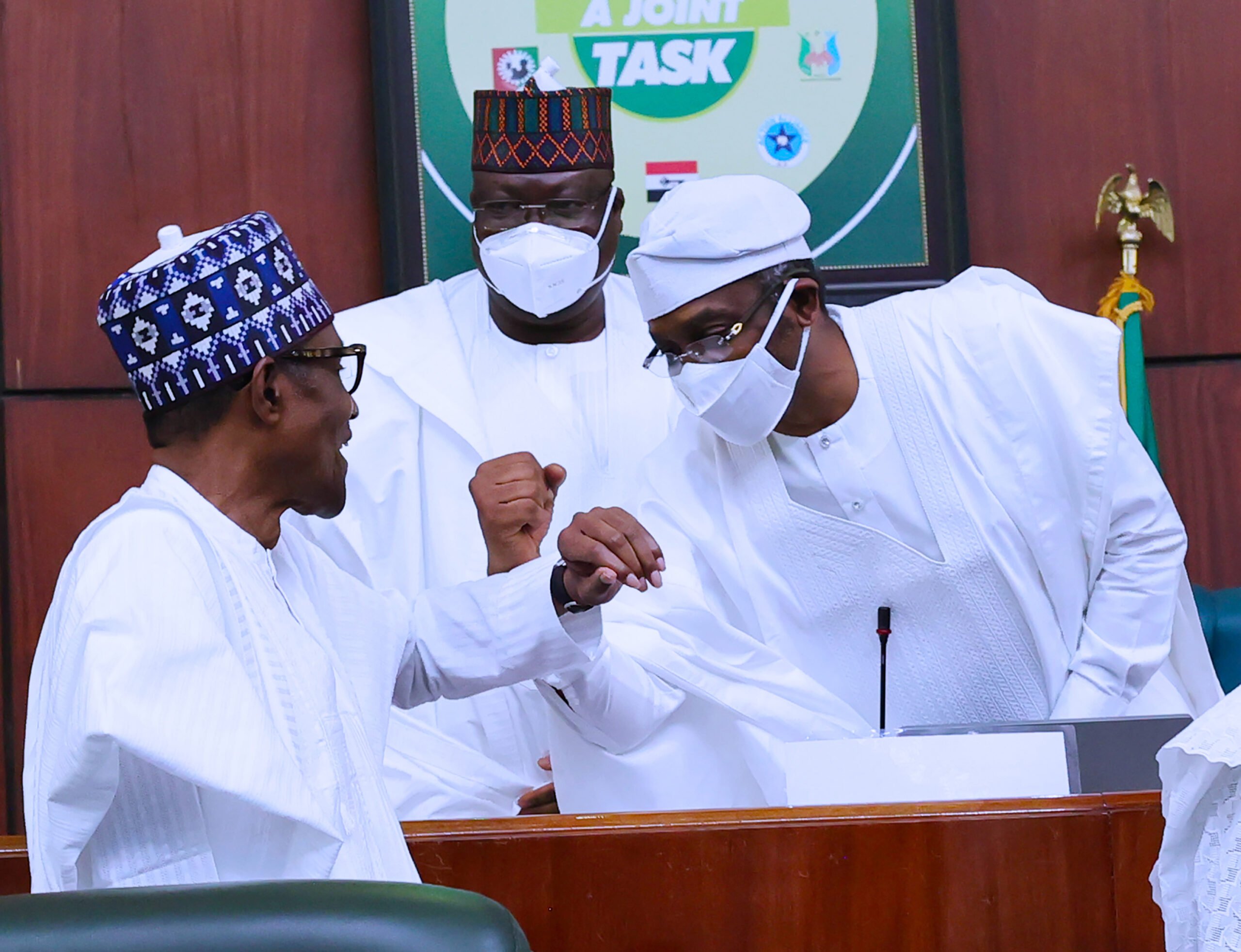The Nigerian Civil Aviation Authority (NCAA) says it has extended the period for the renewal of the Air Operators Certificate (AOC) for airlines by 30 days to avoid disruption of flights in the industry.
Musa Nuhu, director-general, NCAA, said this while briefing journalists on various matters concerning the industry on Thursday in Lagos.
An AOC is an approval granted by a civil aviation authority to an aircraft operator to allow it to use aircraft for commercial purposes.
Nuhu said that the extension, which would not be more than 30 days, was one of the measures to keep the system going.
Advertisement
He said that if the operator or NCAA could not complete the processes before the expiration of the AOC, the certificate would be extended.
“Extension is for the system to continue to ensure that all regulatory requirements are complied with for the renewal,” he said.
“Sometimes for some reason, some operators are not able to meet certain requirements on time or maybe on our own part.
Advertisement
“If we cannot complete the process, then, we say instead of disrupting the system, we give them an extension for that period so that they can continue their operations.
“Before the extension completes, their renewal is given. So, we look at the situations and give them extensions while we continue to work to complete the renewal process.
The NCAA boss said that the renewal was not automatic, but rather a process with steps, which should be completed.
“The most we have given, if I am not mistaken is 90 days. However, it is hardly more than 30 days. We do this thing so that the system will keep functioning.”
Advertisement
The director-general added that if airlines or NCAA were unable to complete the process, it would ground one or two airlines which could cause chaos in the industry.
On multiple entries, he stressed that the regulator was not responsible for the negotiation of Bilateral Air Services Agreements (BASAs) as the decision was within the ministry of aviation.
BASAs are treaties signed between countries to allow international commercial air transport services between territories.
Nuhu noted that the body made contributions and called on all to understand the true nature of negotiations.
Advertisement
“Unfortunately, NCAA is not the one responsible for BASA negotiations to airlines. It is a policy issue and this is led by the ministry,” Nuhu said.
“NCAA makes its own contributions, but the final decision is from the ministry. So, anyone that blames NCAA for that, lacks understanding of how BASA negotiations work for Nigeria.
Advertisement
“Hence, every country has its own peculiarity on how they do BASA. In Nigeria, it is the ministry.”
Nuhu, however, said the deregulation of airfares was not so uncontrolled that the airlines could do as they pleased.
Advertisement
He said that the Federal Competition and Consumer Protection Commission dealt with consumer protection while NCAA handled air transport regulation, which still handled airfares.
“All airlines at the beginning of each year are supposed to file their airfares to NCAA and most of the airlines do that,” he said.
Advertisement
“However, during the year, if the airfares are going to be higher than the ones filed before the NCAA, the airline is supposed to notify NCAA.
“Then, we will do our reasonableness check, and if we are good with it, we tell them to go ahead. If not, we will decline.
“It is not an unfettered deregulation that they can do as they like, there are guidelines to that in our regulations.”
Add a comment






